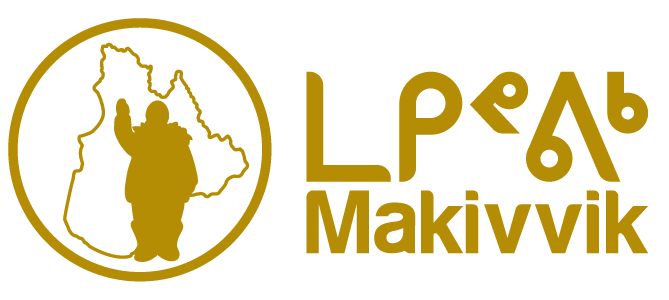In a triumphant moment of celebration and family, Purvirnituq’s Aisa Surusila crossed the finish line of Ivakkak 2024 in his home community, greeted by his mother and son. Aisa’s victory not only marked a personal achievement but also symbolized the resilience and determination of Inuit in preserving their cultural heritage through the traditional dog sled race.
The 22nd edition of the event, which began February 26 in Umiujaq, saw Aisa leading the pack for the entire race despite facing serious weather hurdles. One of nine mushers who embarked on the journey, Aisa comes from a community deeply involved in the tradition of dog sledding. Out of the four contestants representing Purvirnituq, he showcased his skills throughout the more than 400 km trek. Aisa’s final first place time of 30:25:47 was followed by Tasiujaq’s Willie Cain Jr in second place with a time of 31:29:23, and Charlie Angnatuk in third, clocking a time of 32:06:52.

The 2024 racers faced some challenges. Musher Jean-Marie Beaulne withdrew from the race at the end of the first day due to a medical issue, and adverse weather conditions on the second day forced organizers to redirect the race, transporting participants directly to Inukjuak from a checkpoint. Five days were spent in the community waiting for the weather to cooperate, and finally the mushers set out again, with Aisa leading the time board. Poor ice conditions then saw the mushers go North from Umiujaq to Purvirnituq, rather than south as planned, because there hadn’t been ice on the bay all year and it was deemed too dangerous by Ivakkak staff and the mushers themselves.

Amidst these challenges, Aisa maintained his lead, ultimately clinching victory. With 10 Ivakkak races under his belt, Aisa’s experience proved instrumental in navigating the unforgiving terrain. Having won three previous races, his expertise was evident as he navigated the altered course and unpredictable weather patterns.
This year marked a departure from the traditional team-based format of Ivakkak, with mushers competing individually rather than in pairs. While this change presented its own set of challenges, including increased risk for the dogs, it also provided mushers like Aisa with more autonomy and a greater share of the prize winnings.
“I like to race because it keeps me healthier and helps me lose weight during the race,” he said, highlighting the significance of preserving ancestral traditions and inspiring younger generations.
With plans to alternate between individual and team racing in the coming years, organizers aim to balance tradition with innovation, ensuring the continued success and relevance of the event.
Andy Moorhouse, Makivvik’s VP responsible for Economic Development, said Makivvik is working hard to ensure the revival of the dog sled tradition and to make sure it’s there to stay.
“We will continue to support the revival of the Inuit sled dog and also to further support the communities in managing dogs within the communities,” he said, noting that there is mention of monies coming in the 2024 federal budget for addressing past harms to dog-sledding culture in Nunavik, as well as a funding proposal for CIRNAC to support Makivvik in addressing harms caused by historical federal policies that led to the slaughter of sled dogs and the loss of Inuit culture.

This year’s race not only showcased the resilience and determination of its participants but also underscored the invaluable support of sponsors. Contributions totalling more than $180,000, including donations from organizations such as Air Inuit, Canadian North, Newfound Resources Ltd., and KRG, served as a testament to the enduring significance of Ivakkak within Nunavik.
In the words of Aisa, whose dedication to his dogs and the sport remains unwavering, “My advice is to take good care of your dogs like family and give them food and water every day and keep them healthy all year round.”





